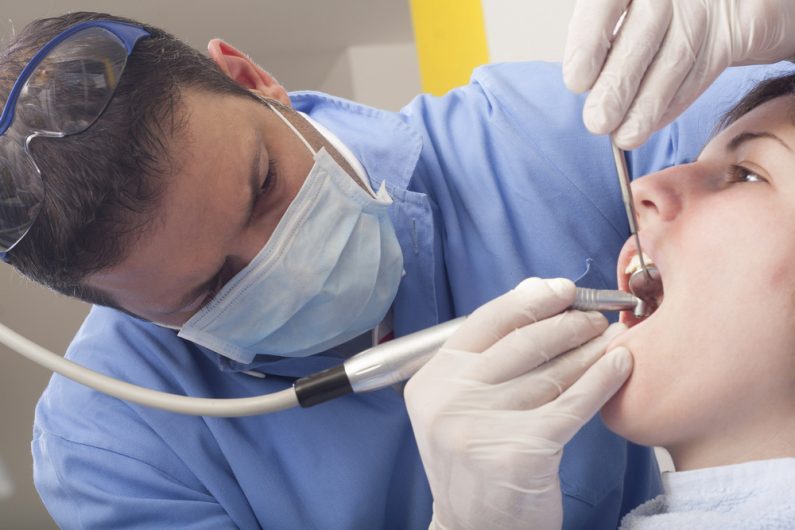Are you interested in working in the dental field but not looking to learn the medical aspect of dentistry? We get it. But what if you still want to be part of the dental field.
Well, you still can!
Get certified in dental administration to become part of a dental team at practice. With a certificate in Dental Administration, you develop the skills, training, and hands-on experience you need to become a Treatment Coordinator, one of the main opportunities you have to build your career on.
We will be looking at a position which is often unheard of and what you can be doing in a practice setting. Let us get an inside look.
Treatment Coordinator
Treatment coordinators in a dental practice is a case acceptance position where they sell treatment. They are coordinate treatment plans following the dentist’s diagnosis and the patient’s choice of treatment. Treatment coordinators have a position that comes full circle. Their work consists of
- Outlining and discussing with dentists the patient’s diagnosis and treatment options.
- Explaining treatment options and what they entail to determine a patient’s best choice for treatment.
- Answering questions or concerns over treatment options via person, phone, or email.
- Laying out potential payment plans for treatment, during this process they go over coverage benefits and what patients will pay. This is the predetermination process before closing the case.
- Following up with patients to move them through their treatment plan and ensures they are aware of their status in treatment and financially.

- Calculating acceptance rates and reports monthly summaries of statistics for the dental team.
Once a treatment coordinator has a case acceptance from a patient, they have to ensure a patient’s case gets completed; this is where the full circle comes. From the time the patient arrives in the office to the time treatment is complete, treatment coordinators are doing follow-ups.
What Does It Take To Be A Treatment Coordinator?
Since treatment coordinators are continually interacting with dentists and patients, an absolute, necessary skill is communication. Communication skills encompass a variety of skills from
- Listening skills
- Verbal and written communication
- Nonverbal communication
- Interpersonal skills
 Being a treatment coordinator, means you have to be able to communicate effectively and clearly. Since you will be interacting with patients mostly, you want to be transparent, concise, and show empathy. You want to be able to educate your patients on their treatment options so they can make an informed decision. You want to have a friendly demeanor, confidence, and be respectful with dentists and patients when talking and discussing a patient’s case for treatment and finances.
Being a treatment coordinator, means you have to be able to communicate effectively and clearly. Since you will be interacting with patients mostly, you want to be transparent, concise, and show empathy. You want to be able to educate your patients on their treatment options so they can make an informed decision. You want to have a friendly demeanor, confidence, and be respectful with dentists and patients when talking and discussing a patient’s case for treatment and finances.
In some cases, practices look for applicants who have prior experience and depending on the employer with a B.A or certification for educational level. The main thing is as a treatment coordinator; you want to be able to be confident in understanding dental terminology, procedures, and treatment, and be able to explain the information to the patient in everyday language. You might also want to be familiarized with dental software.
Get Certified!
Be part of a dental administration team! At The Core Foundation, we have an Online Dental Administration course where you can get certified in 6 months or less. With our online course, you can
- Learn at your pace.
- Create your ideal learning environment.
- Take us anywhere with internet connection.
- Learn the business side of dental healthcare.
- Get hands-on-training experience.
With our program, you will be able to gain the skills you need to work within a dental office. If you’re interested in learning more about our program go to our Dental Administration Program page.
If you want to enroll in out Dental Administration Program, don’t wait and click APPLY NOW


























